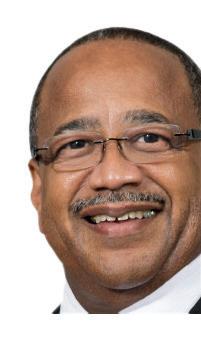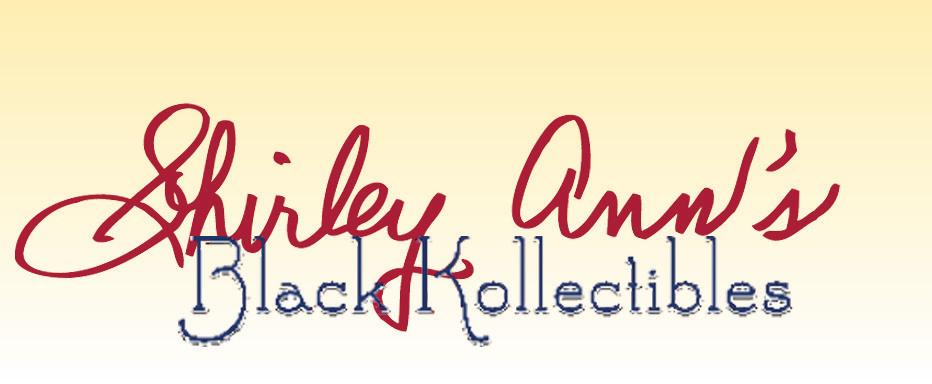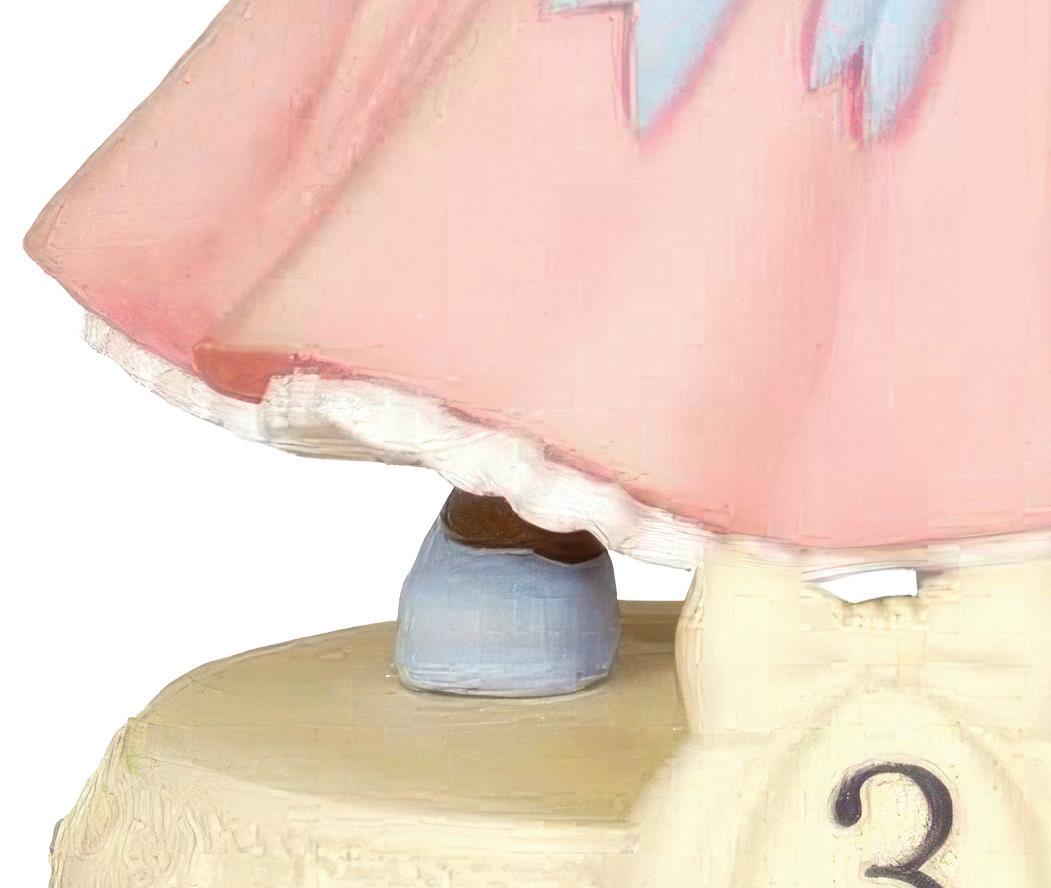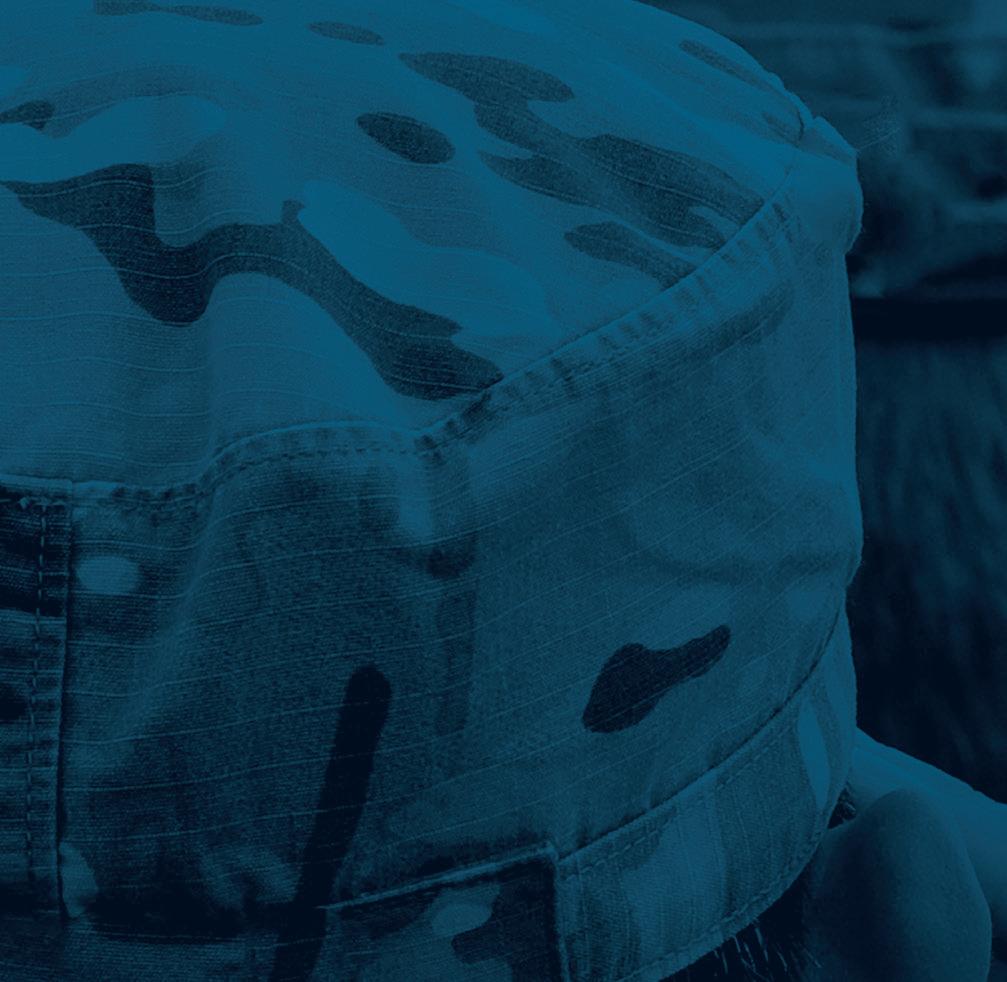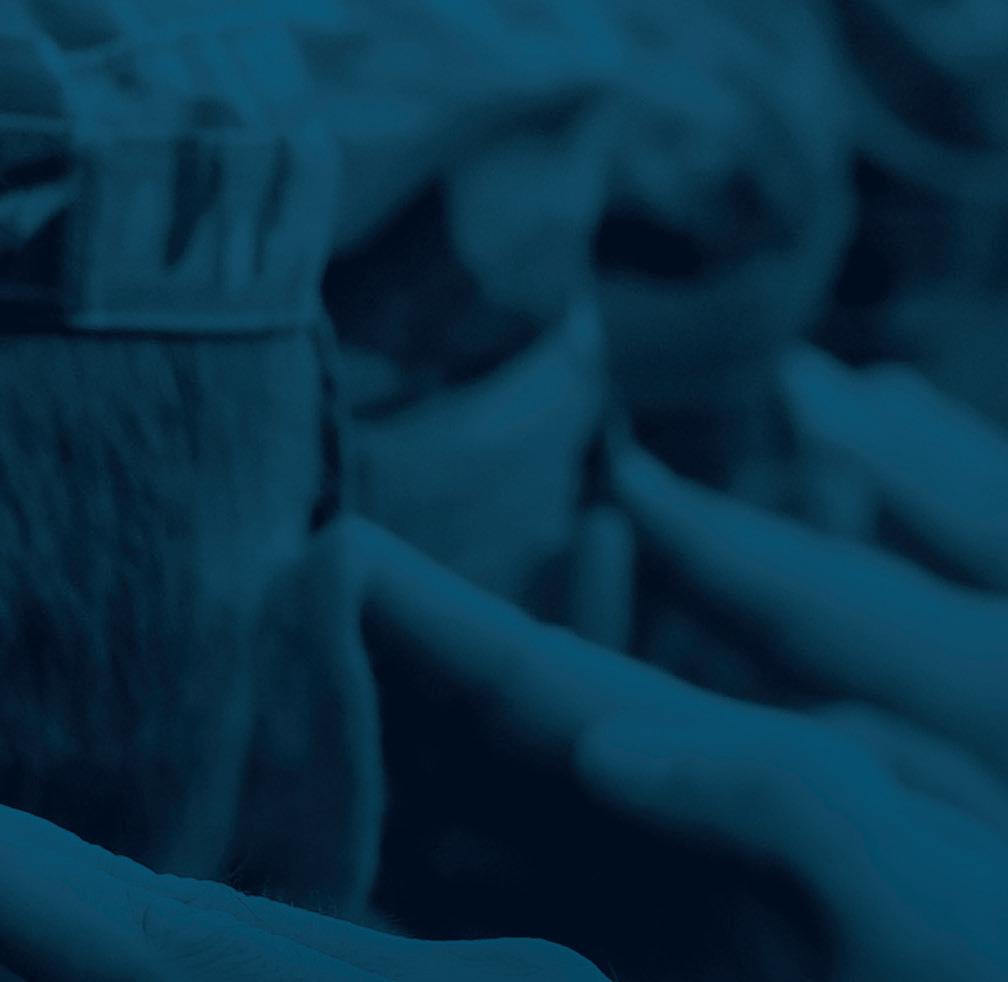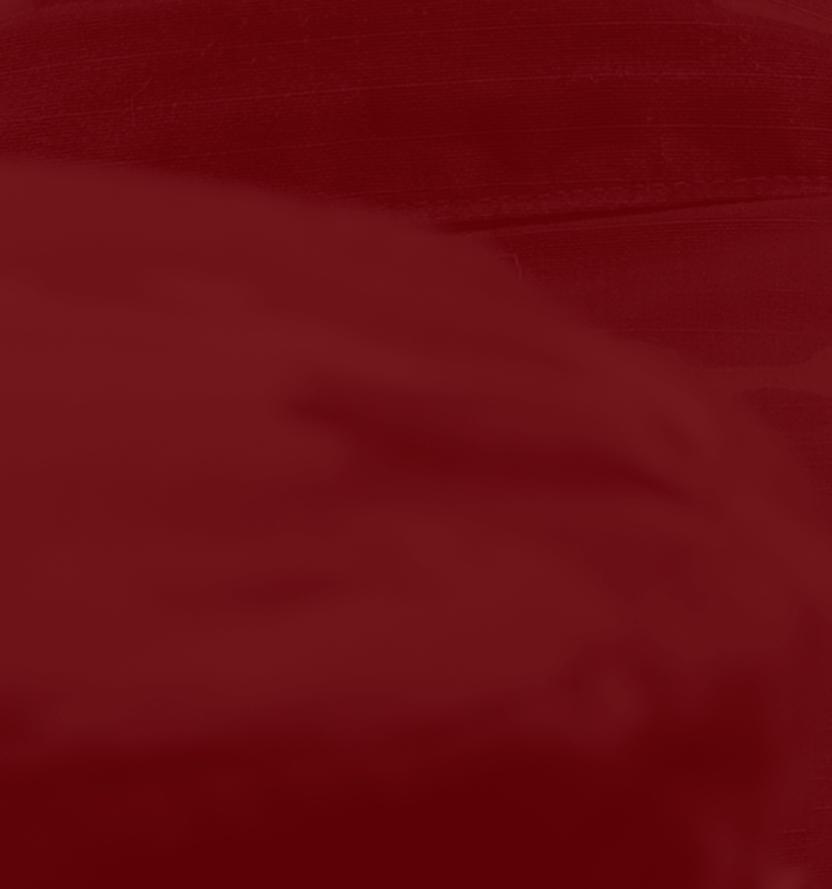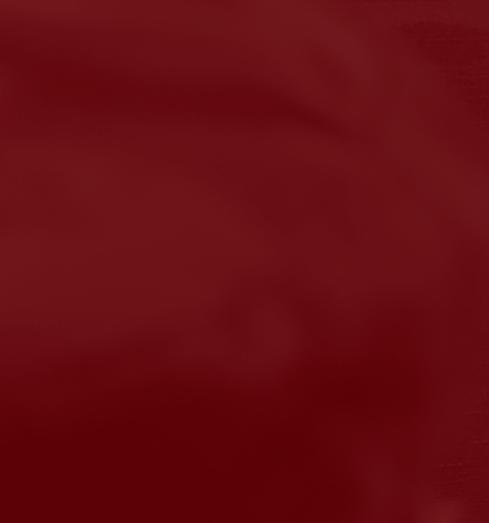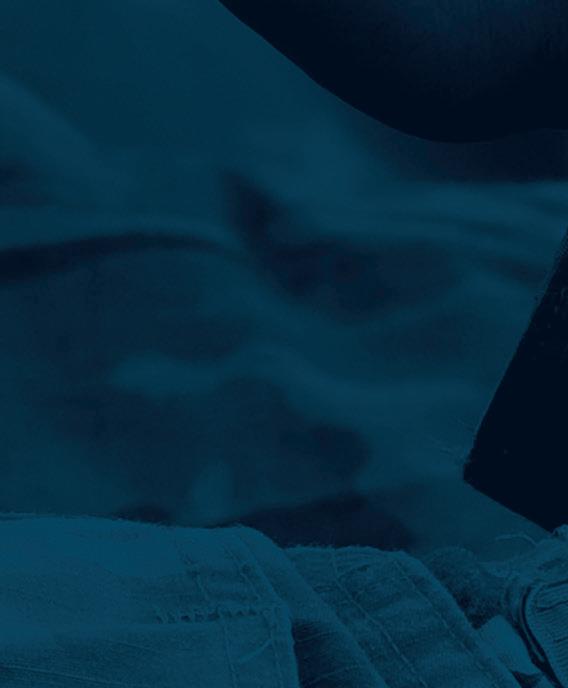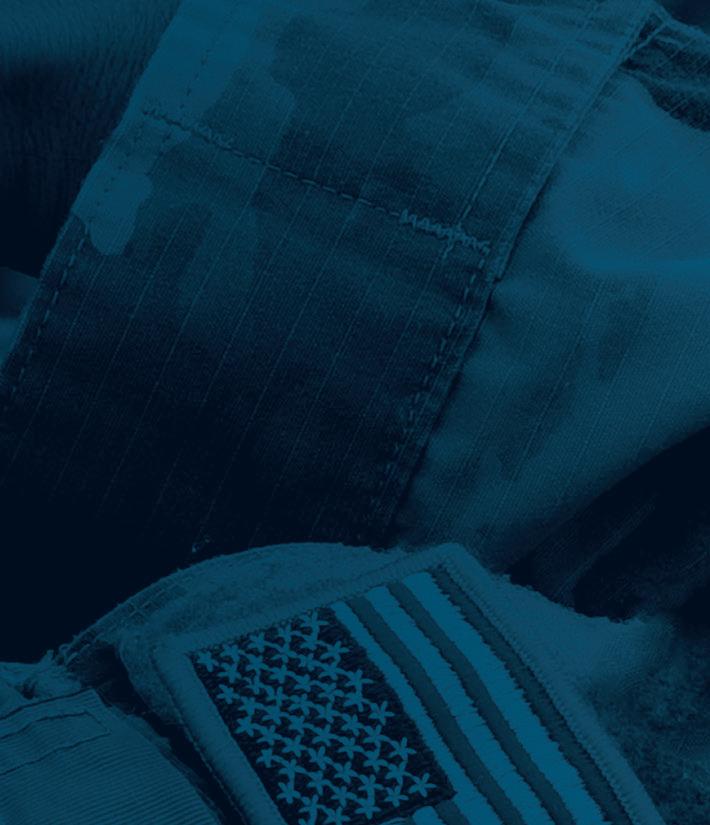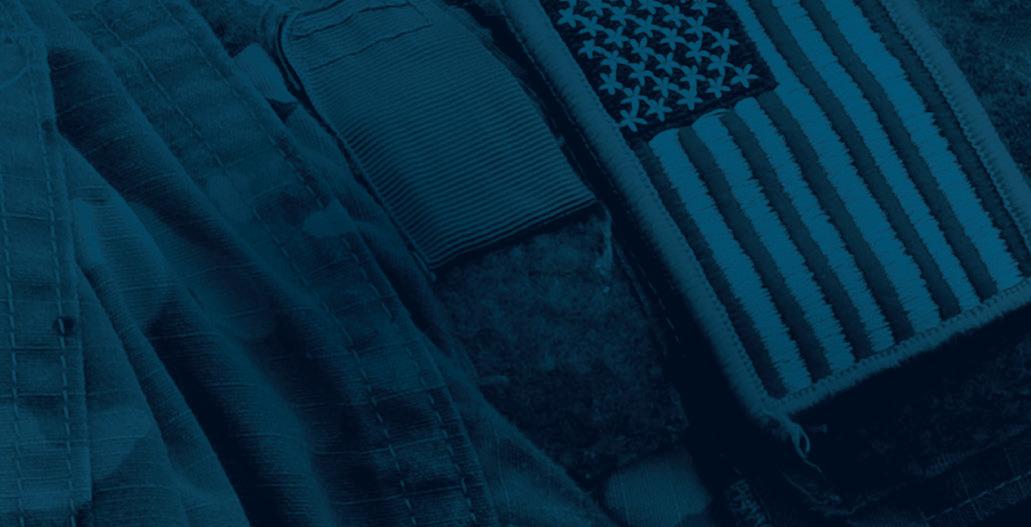AframNews.com
“Addressing Current & Historical Realities Affecting Our Community”

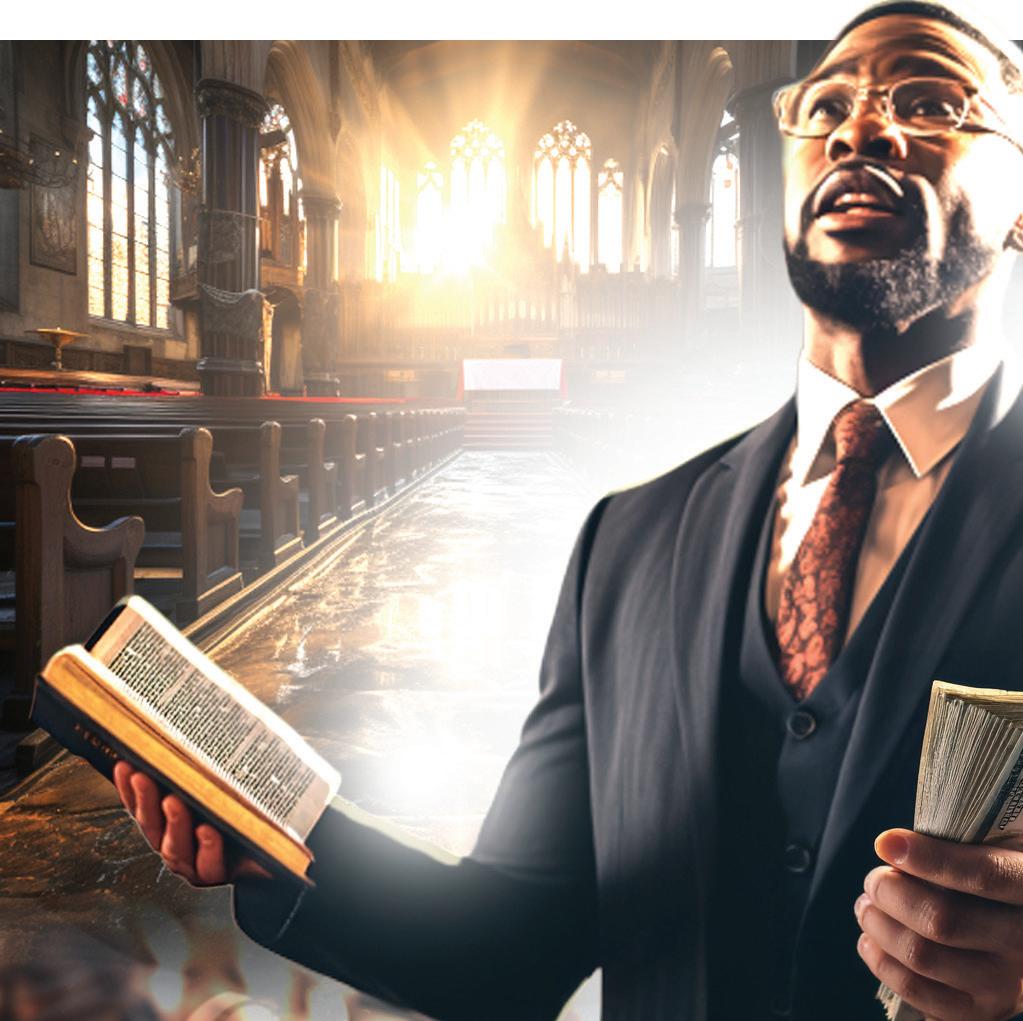



BUILDING PERSONAL WEALTH INVESTING IN THE CHURCH OR YOURSELF?
By: Roy Douglas Malonson
Every Sunday, across the country, millions of Black families open their wallets, li their hands, and give their 10%. It’s an act rooted in faith, tradition, and deep spiritual conviction. e tithe—10% of one’s income—has been a sacred pillar in the Black church for generations. We give not just out of obligation, but out of gratitude, out of hope, and o en out of struggle. And yet, in the backdrop of our giving, a painful truth persists: we’re still losing the wealth race. Despite decades of faithful tithing, Black Americans remain at the bottom of nearly every economic indicator. According to the Federal Reserve’s 2022 Survey of Consumer Finances, the median net worth


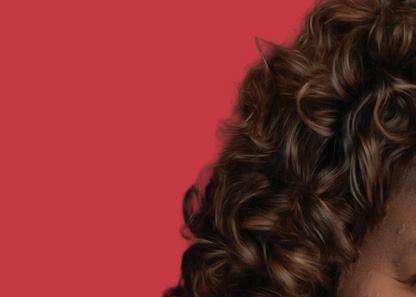
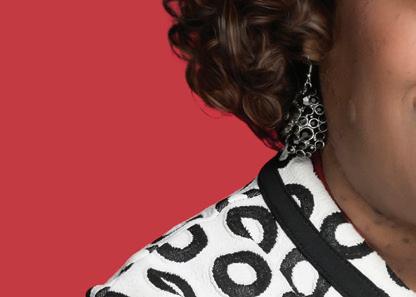


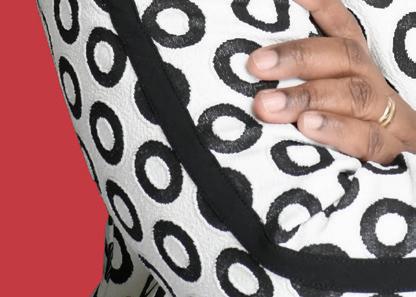


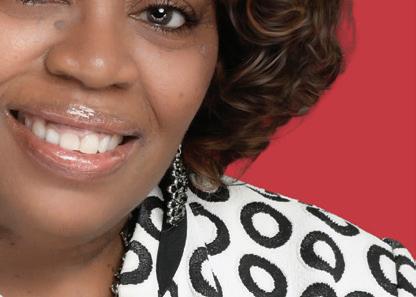
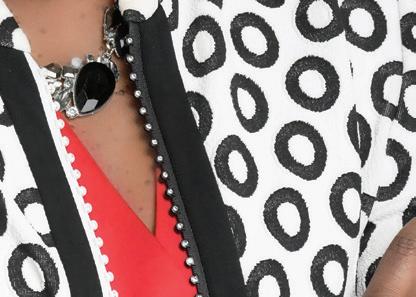
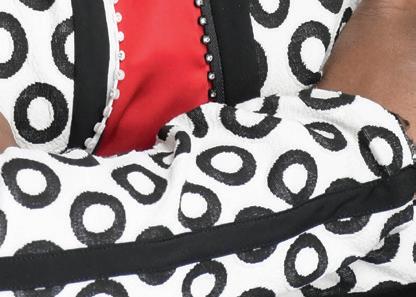





FAITH, FREEDOM, AND FORTITUDE
By: Sharon C. Jenkins
Gwen Richardson is an accomplished author with 15 published books, including two NAACP Image Award nominees. She co-founded Cushcity.com, the largest African-American online retailer, and coordinates the National Black Book Festival—one of the largest gatherings of Black authors and readers in the country. Richardson also hosts Black Authors Matter TV, a weekly show that features authors, publishers, and book industry professionals. She resides in Houston, Texas, with her family.
Here is her life story.
of Black households in America is just $44,900. White households? $285,000. at’s a sixfold di erence. And while the church may be full on Sunday, the wealth gap is just as wide on Monday. is isn’t about blaming the church. e Black church has done more for our community than any other institution. It has raised our leaders, housed our movements, buried our loved ones, and li ed our spirits. It’s been our bank when banks turned us away, our shelter when the storm came, and our family when the world forgot us. But even with all its power, the church alone cannot close a $240,000 wealth gap. Wealth on pg. 3 Faith on pg. 3
In a heartfelt interview lled with wisdom, Gwen Richardson shares the powerful story of how faith, education, and a strong family foundation shaped her identity and legacy. A woman of vision and resilience, Richardson has spent her life turning ideas into action, all while staying grounded in the values instilled in her as a child.
Richardson was raised primarily in Newport News, Virginia, She grew up in a community that was not only close-knit but deeply committed to faith, education, and mutual accountability. “My father was a
EDITORIAL
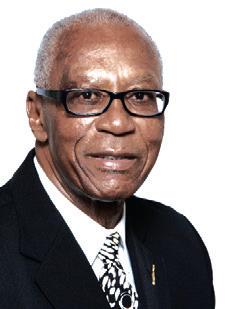
A Revival of God Consciousness
Bobby Mills, Ph.D.
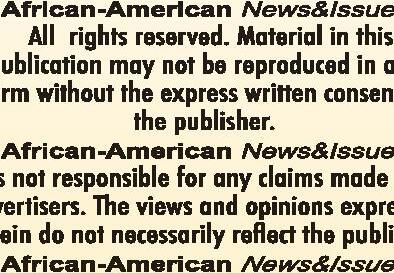


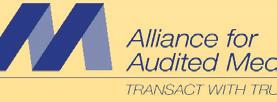
LEADERSHIP COURAGE




Great leaders have a vision for the future, not a revenge mentality for the past. erefore, one of the most important attributes of a leader is intellectual integrity. A leader should always have the moral courage to do the right thing, no matter the consequences. Courage has spiritual-moral attributes, not materialistic attributes. Showmanship is not leadership. erefore, a leader never leads individuals into evil temptations, but instead always leads individuals into King David’s spiritual declaration: “Shew me thy ways, O Lord, teach me thy paths. Lead me in thy truth, and teach me: for thou art the God of my salvation, on thee do I wait all the day.” (Psalm 25: 4-5). King David was one of the greatest leaders the world has ever known, because he asked for spiritual guidance and moral direction from God. King David was a praying man always asking God to not remember the sins of his youth; but to cast them into the lake of forgetfulness and forgiveness. Notably, King David never publicly displayed the scriptures upside down, suggesting his lifestyle may be contrary to God’s expectations. Individuals who nd God nd life. America, the abundant life is not found in material things. is is precisely why Jesus taught his disciples
about money and worrying: “Lay not up for yourselves treasures upon earth, where moth and rust doth corrupt, and where thieves break through and steal: but lay up for yourselves treasures in heaven, where neither moth nor rust doth corrupt, and where thieves do not break through nor steal: for where your treasure is, there will your heart be also.” (Matthew 6: 19-21).
Jesus taught individuals to turn to God rst and lay-up treasures in heaven: “seek ye rst the Kingdom of God, and his righteousness; and all these things shall be added unto you. Take therefore no thought for the morrow: for the morrow shall take thought for the things of itself. Su cient unto the day is the evil thereof.”(Matthew 6: 34).
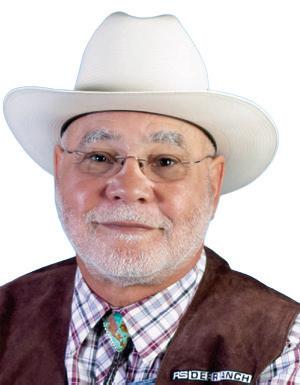
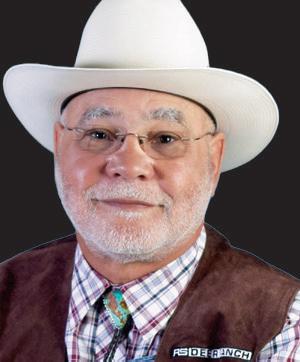
We Must Understand
Roy Douglas Malonson, Publisher
SACRED GIVING OR MISSED INVESTMENT?
tithed into investment funds, Black-owned startups, or neighborhood revitalization trusts instead?
Imagine just 10% of Black church giving—$1.4 billion a year—pooled into a national Black investment fund. Over a decade, that would generate over $20 billion with compound returns, enough to fund:
ousands of Black-owned small businesses
Down payment grants for rst-time Black homebuyers
Tuition-free STEM programs in underserved schools


Leaders who have spiritualmoral courage do not constantly judge and criticize others, because the judgment by which you judge will be measured back upon you. is is why Jesus always spoke about leadership hypocrites: “ ou hypocrite, rst cast out the beam out of thine own eye, and then shalt thou see clearly to cast the mote out of thy brother’s eye.” (Matthew 7: 5). Jesus urged the Pharisees and Sadducees to re ect on their own motives and actions before judging others. America, we o en dislike in others what we dislike in ourselves. Magnifying the bad habits of others and ignoring your own bad habits is a bad habit. Hence, because of immoral and greedy awed thinking habits, President Trump assembled a coalition of nonthinking, non-
For generations, the Black Church has been the bedrock of our community— spiritually, emotionally, and socially. But there’s a critical economic question we’ve been too hesitant to ask: Are we building wealth—or simply circulating hope? According to e Journal of Economic Perspectives, Black churchgoers contribute an estimated $14 billion annually in tithes and o erings. at’s more than the annual revenue of BET, Essence, and every Blackowned bank in America— combined. Yet despite this massive nancial outpouring, the Black wealth gap continues to widen. e median Black household wealth remains less than 15% that of white households, and fewer than 2% of Black families own any stock or real estate assets outside of their primary home. So where is all that money going?
In many cases, it covers operating costs, pastor salaries, and building upkeep—but rarely investment. Only a fraction of churches operate community-owned credit unions, a ordable housing developments, or workforce training programs. It begs the question: What if we
Job creation centers and mental health clinics is isn’t about abandoning faith—it’s about stewarding our resources with strategy and purpose. It’s time we stop mistaking emotional revival for economic revival. e solution?
Churches must partner with Black nancial planners, establish nonpro t investment arms, and o er economic literacy workshops. Congregants should ask hard questions about budget transparency and long-term wealth-building strategies. Faith and nance are not opposites—they’re allies when properly aligned. e Black Church helped us survive slavery, segregation, and systemic oppression. But if we want to thrive—not just survive—it must evolve into an engine of economic power. Should we keep passing the plate—or start passing down wealth?
Wealth Cont.
It’s time to ask: could our tradition of giving be unintentionally holding back our potential to build wealth?
Take a hypothetical sister named Rochelle. She earns $60,000 a year and faithfully tithes $6,000. Over 30 years, that’s $180,000 given to the church. Now imagine if that same $6,000 per year was invested in a simple index fund averaging a 7% annual return. Rochelle would retire with nearly half a million dollars. at’s generational wealth. at’s college tuition for grandkids. at’s a paid-o home. at’s nancial breathing room.
But Rochelle isn’t alone. A 2023 Pew Research survey found that nearly 80% of Black Christians believe tithing is required, not optional. At the same time, only 39% of Black families own stocks, compared to 66% of white families. Black retirement accounts are, on average, half the size of white households. Business ownership? Even worse. e typical Black-owned business is valued at just a quarter of its white-owned counterpart.
So, we’re pouring money into the offering plate, but far too little into portfolios, property, or entrepreneurship. And to be clear, we’re not choosing one over the other because we’re nancially careless—we’re choosing faith. We’re choosing to trust that our blessings will come back tenfold. But what if part of that blessing was also wisdom? What if God is saying: be faithful—and be nancially strategic?
is isn’t a call to stop tithing. Far from it. It’s a call to start thinking. What if we reimagined the tithe, not as a static 10% out the door, but as a split—a giving plan and a wealth plan? Five percent to the church, ve percent to your future. at way, your faith builds community, and your dollars build legacy.
To be fair, some Black churches are already leading the way. A growing number are hosting nancial literacy workshops, encouraging investments, and even launching credit unions and co-ops. But for many others, money remains a taboo subject—especially when it challenges long-held doctrine. And in too many pulpits, the prosperity gospel is preached, but personal nance is never taught. If we’re serious about closing the Black wealth gap, we have to shi our mindset. Giving is powerful. But so is growing. We don’t have to choose between honoring God and honoring our future. We can—and must—do both.
Tithing builds the church. But investing builds the community. Tithing feeds the spirit. Investing feeds the generations. e truth is, Black America has been faithful. But faith alone won’t pay o student loans, buy back the block, or close a $240,000 gap.
We’ve prayed. We’ve given. We’ve waited. Now it’s time to invest. Because the next blessing? It might just come with a brokerage account.
Faith Cont. pastor and a respected community leader. Both of my parents valued education, and they believed in doing your very best,” Richardson said. “Church was central. Our teachers lived in the same neighborhoods as we did. Any adult could correct you. We were surrounded by protection and love.”
One pivotal moment that shaped her selfperception occurred during an early integration experiment in Henderson. “My family was one of seven Black families selected to integrate EM Robbins Elementary School before it was federally mandated,” she explained. “I was the only Black child in my class—and the smartest. at taught me early on that I stood second to nobody and that e ort was what mattered.”
Richardson’s childhood was full of intellectual encouragement and memorable mentors, most notably a teacher named I.B. Edwards.
pounds until I was 25— so some teasing came with that. But I grew up in a Black neighborhood with Black educators and a strong support system.”
From an early age, Richardson displayed both intelligence and entrepreneurial air. “At three years old, I was a self-taught reader. I loved spelling bees and writing contests. Even as a child, I would create games like ‘store’—and I was always the store owner,” she laughed. at early ambition carried over into adulthood, where she has thrived as a self-employed businesswoman for over four decades.
“Being self-employed since I was 25 is one of my proudest accomplishments,” she said. “It gave me the freedom to explore unconventional paths, including becoming an author—something I hadn’t originally planned. Since 2008, I’ve written 15 books, and I have more in the works.”
government. We have to stop expecting others to save us. We have to take responsibility and build, not just march or protest. e government has destroyed our culture, our families, and our communities.”
To young Black people and aspiring leaders, her advice is resolute: “Get out of your emotions. Strategy and planning— not anger—are what move the needle.
Emotion fades. It doesn’t build anything.”
Richardson speaks candidly about the lessons she’s learned through the years, including the realities of working with people.

“She taught me from fourth to seventh grade, and she exposed us to the world through slides from her international travels. She also taught us Black history without a textbook. She was extraordinary,” Richardson recalled.

Interestingly, the challenges Gwen faced growing up weren’t rooted in racism. “My challenges were more personal than racial,” she said. “I was always small—under 100
Faith has been the cornerstone of Gwen’s personal and professional life. “Faith sustains you when you’re an entrepreneur,” she said. “You have to believe in your ideas, your leadership, and your capacity to overcome obstacles. Even when I faced failure, my faith helped me get back up.”
When asked what she believes Black people need most right now, Richardson didn’t hesitate: “We need to declare that we are free in our minds—and act like it. Free people don’t wait on the
“I’ve been self-employed under seven U.S. presidents, and I’ve learned that I need a plan that doesn’t depend on politics. I’ve also learned that many people aren’t honest—not necessarily malicious, but unreliable. And I’ve learned that nothing is free. Even salvation has a cost. If something claims to be free, someone somewhere is paying for it.” Despite life’s challenges, she remains anchored by a simple but powerful personal creed: “I treat people right—and I get things done.”
In a time where voices of experience and insight are desperately needed, Gwen Richardson stands as a living example of the power of purpose, faith, and self-determination. Her story isn’t just a personal triumph—it’s a call to action for generations to come.
THROUGH THE LENS OF TIME: BLACK HISTORY IS 24/7/365
1793 1995 2001
2013 1997 2008 1800
1793. e Fugitive Slave Act of 1793 is passed in Congress, securing rights for a slaveholder to recover an escaped slave.
1800s. Antislavery northerners helped slaves escape from southern plantations to the North via a loose network of safe houses called the Underground Railroad.
1995. e Million Man March is organized by Louis Farrakhan to protest the disproportionate number of African Americans incarcerated.
African American women participate in the Million Woman March in Philadelphia, focusing on health care, education, and self-help.

CONROE
AUSTIN



TEXAS TAKEAWAY
HOUSTON
As Conroe maintains its building moratorium due to insufficient water infrastructure to support new development, the city council will evaluate how to better plan for future water demand.
Major League Soccer and its three Texas-based teams are committing $500,000 to support flood relief efforts in the Texas Hill Country. The announcement was made Wednesday by MLS in partnership with Austin FC, FC Dallas, and the Houston Dynamo. Austin FC’s nonprofit arm, 4ATX Foundation, is also contributing to the donation.
Texas Governor Greg Abbott is facing criticism after likening questions about accountability for the deadly flooding in Kerr County to complaints from a losing football team. Abbott made the football analogy in response to reporters pressing him on who should be held responsible for the catastrophic Texas Hill Country floods, which have claimed the lives of over 100 people and left more than 160 others still missing.
SAN ANTONIO
San Antonio officials announced they will release the majority of 911 calls and other emergency response records connected to the June 12 flash floods, which claimed 13 lives on the city’s Northeast and West sides.




Arthur Ashe was a celebrated American professional tennis player and social activist. He was the rst African American man to win the US Open (1968), Wimbledon (1975), and the Australian Open, breaking racial barriers in the sport. Beyond his athletic achievements, Ashe was a vocal advocate for social justice, human rights, and health awareness.
LOCAL
TRANSFORMING FUTURES
By: Paula Thompson
Isaiah omas, founder of W.I.P.O. Youth Development, a 501(c)(3) nonpro t organization in Houston, is extending an invitation of partnership to support local youth through transformative initiatives. Rooted in the belief that “Watch It Pay O ” is more than a name—it’s a mission— omas and his team are committed to nurturing purpose-driven, resilient youth in underserved communities.
Recently, W.I.P.O. hosted the impactful “Make a Shot Instead of Taking a Shot” event. is anti-gun violence, pro-empowerment gathering brought together over 75 young people from the Acres Home community. rough basketball, workshops, and hands-on mentorship, the event cultivated new friendships, broadened perspectives, and—most importantly—instilled a sense of hope and care in each participant.
Currently, W.I.P.O. is facilitating its Summer Empowerment Series, running from June 9 to July 30, 2025. Held at Highland Park

8-week program serves youth ages 9–17 with three sessions each week. Topics covered include: Character development, Communication and leadership skills, Mental health and wellness, Physical tness and basketball training, Financial literacy and budgeting, e program is open to the community and has already begun making a signi cant impact.
Looking ahead, W.I.P.O. is preparing for its next major initiative—the Backto-School Empowerment Program—a full-day event designed to equip children from under-resourced Houston communities with the tools and support they need for a con dent return to school.
Back-to-School Empowerment Program Details: Goal: Serve 200+ students, Date: TBD, Location: Acres Homes Multi-Service Center
Hosted by: W.I.P.O. Youth Development (501c3)
esteem, Free haircuts and hairstyles from local barbers and stylists, Hot meals and motivational guest speakers, A day lled with entertainment, encouragement, and inspiration
Why Sponsorship is Critical: In communities where families o en struggle to meet basic needs, support from sponsors can transform a child’s educational journey. Contributions to this event will send a clear message: these children are seen, supported, and equipped for greatness.
Sponsorship Opportunities Include: Donations of Chromebooks, laptops, or tablets, Monetary gi s at any level ($250, $1,000, $5,000+), Product sponsorships: backpacks, footwear, uniforms, Event co-hosting, branding, and visibility in all marketing.
All Sponsors Will Receive:
All Sponsors Will Receive:
• Recognition on event signage and yers
• Recognition on event signage and yers

•Logo placement on social media and


Held at Highland Park (DeSoto Park) in collaboration with Lyfe Depo, this

With the support of sponsors, W.I.P.O. aims to provide: Fully stocked backpacks and school
Fully stocked backpacks and school supplies, Chromebooks, laptops, and tablets to close the digital divide, New shoes and clothing to boost self-
•Logo placement on social media and event materials
•Live shout-outs during
•Live shout-outs during the event and in media



coverage





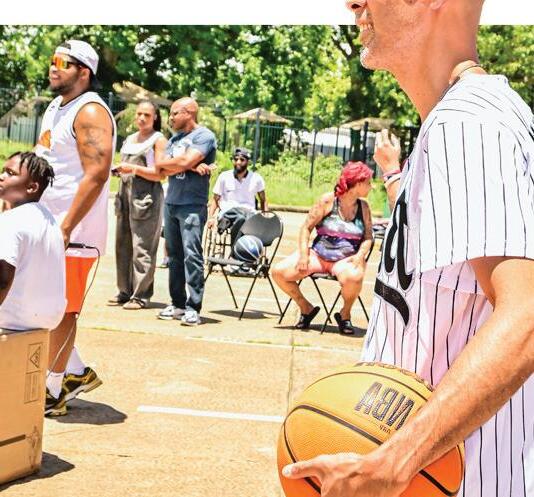




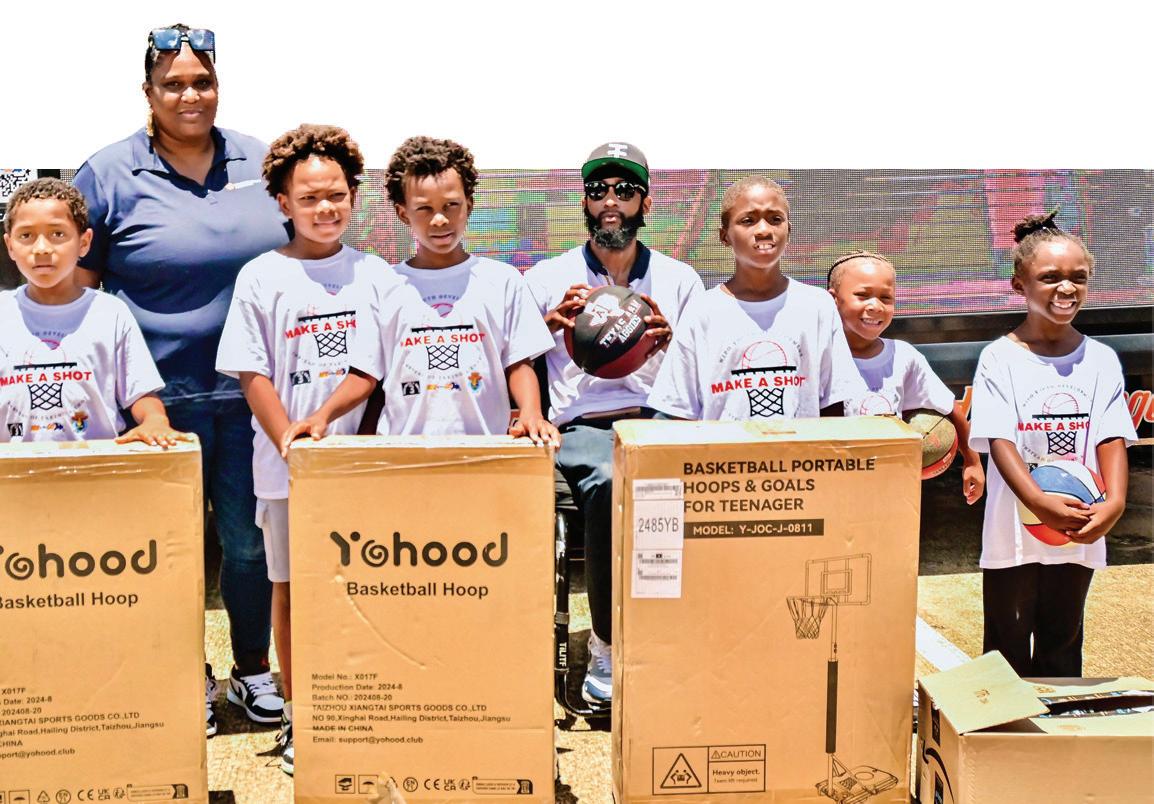
•Deep appreciation from the families and children


•Deep appreciation from the families and children

aframnews.com


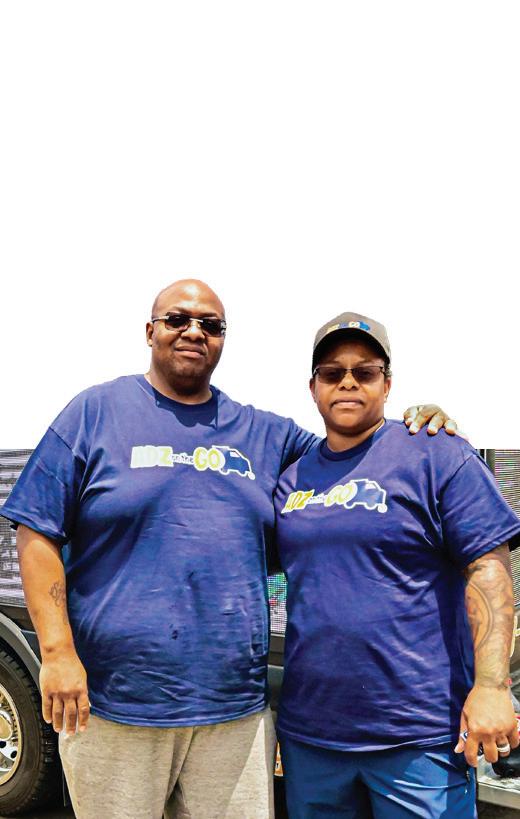
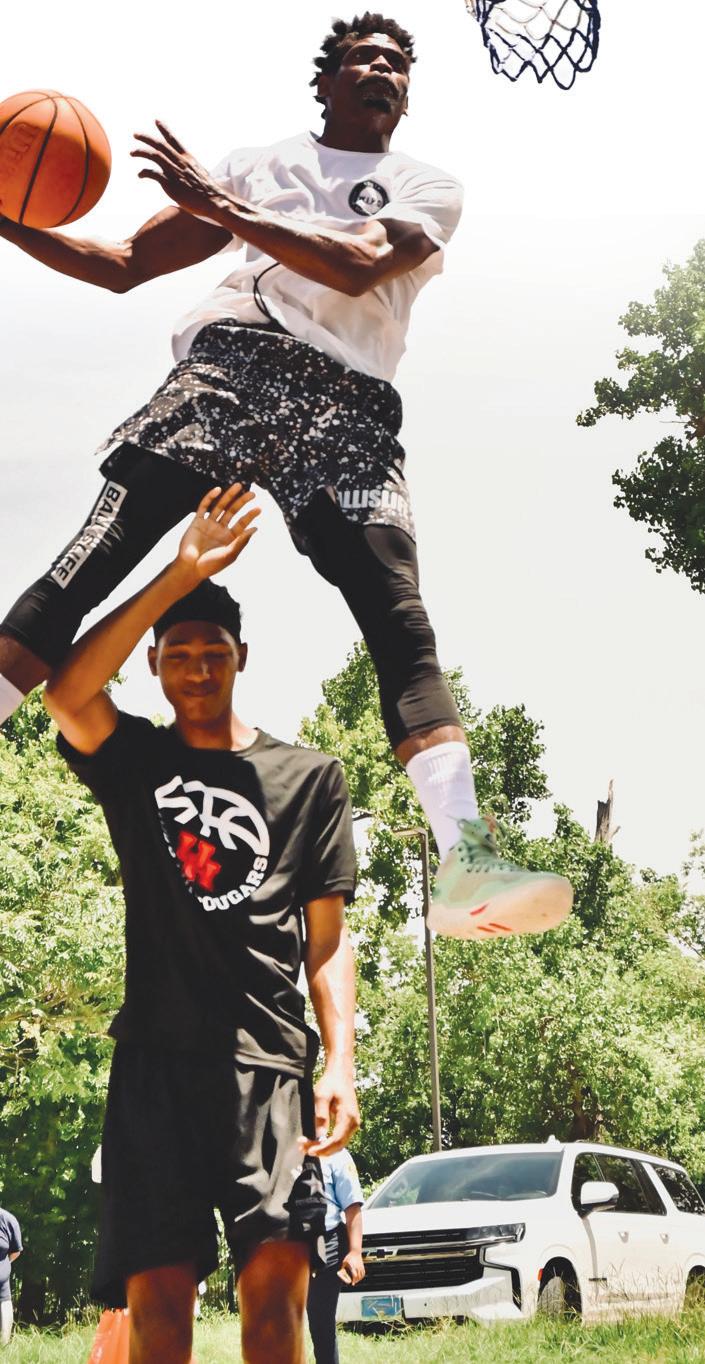
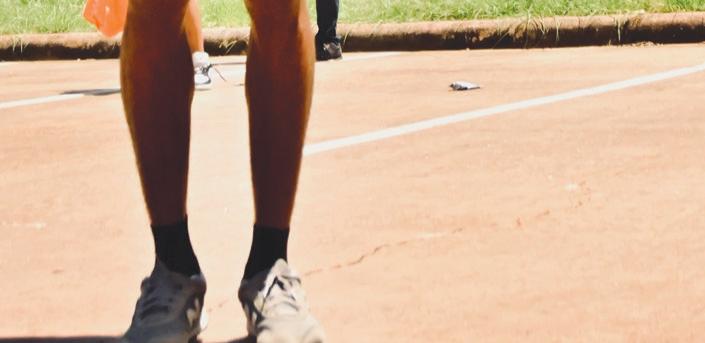



JUNIOR SELECTED FOR PRESTIGIOUS RESEARCH PROGRAM
By: TSU Media
Rising junior, Joseph Carter, has been selected as a research fellow for the Du Bois Scholars Program at Harvard.
e prestigious initiative, in its second year, is aimed at recognizing and supporting exceptional students from Historically Black Colleges and Universities. is program is part of the Harvard College Summer Undergraduate Research Village (HSURV), which provides students with opportunities to conduct rigorous research, participate in professional development workshops, and showcase their work.
Carter is one of 35 scholars selected to participate. He is working alongside Dr. Gary Adamkiewicz at the Healthy Cities Lab on a project entitled “Climate Justice in Boston.” His research will explore how housing, neighborhoods and community environments impact public health, particularly in urban settings a ected by climate change. While there, he is engaging in eldwork and data analysis as part of this transformative experience.
“Harvard has truly been a life-changing experience,” Carter said.
“I am incredibly grateful for the opportunity to grow as both a scholar and a servant leader, and to represent Texas Southern University. Every day I am reminded that this journey is bigger than me, and I give all thanks to God for
guiding each step.”
As a Du Bois Scholars Program Fellow, Carter is part of a fully in-person nine-week residential experience to augment and enhance the fulltime research he will be conducting with his faculty mentor.
Carter is a Political Science major and omas F. Freeman Scholar from Detroit, Michigan. He recently completed his term as Mister Sophomore, during which he launched “ e Carter Experience,” a monthly series of workshops focused on mental wellness, scholarship, public speaking and student empowerment. He also serves as a Campus Ambassador and Undergraduate Assistant, assisting with student programming and campus tours.
Outside of his campus involvement, Carter founded “Changed by Carter,” a nonpro t that has provided more than 200 free haircuts and care kits to underserved individuals in Houston. e initiative began as a research project on homelessness and health equity that won rst place in Texas Southern’s Research and Innovation Pitch Competition. He plans to pursue a career in international and environmental law. Carter is the second student from Texas Southern to be selected

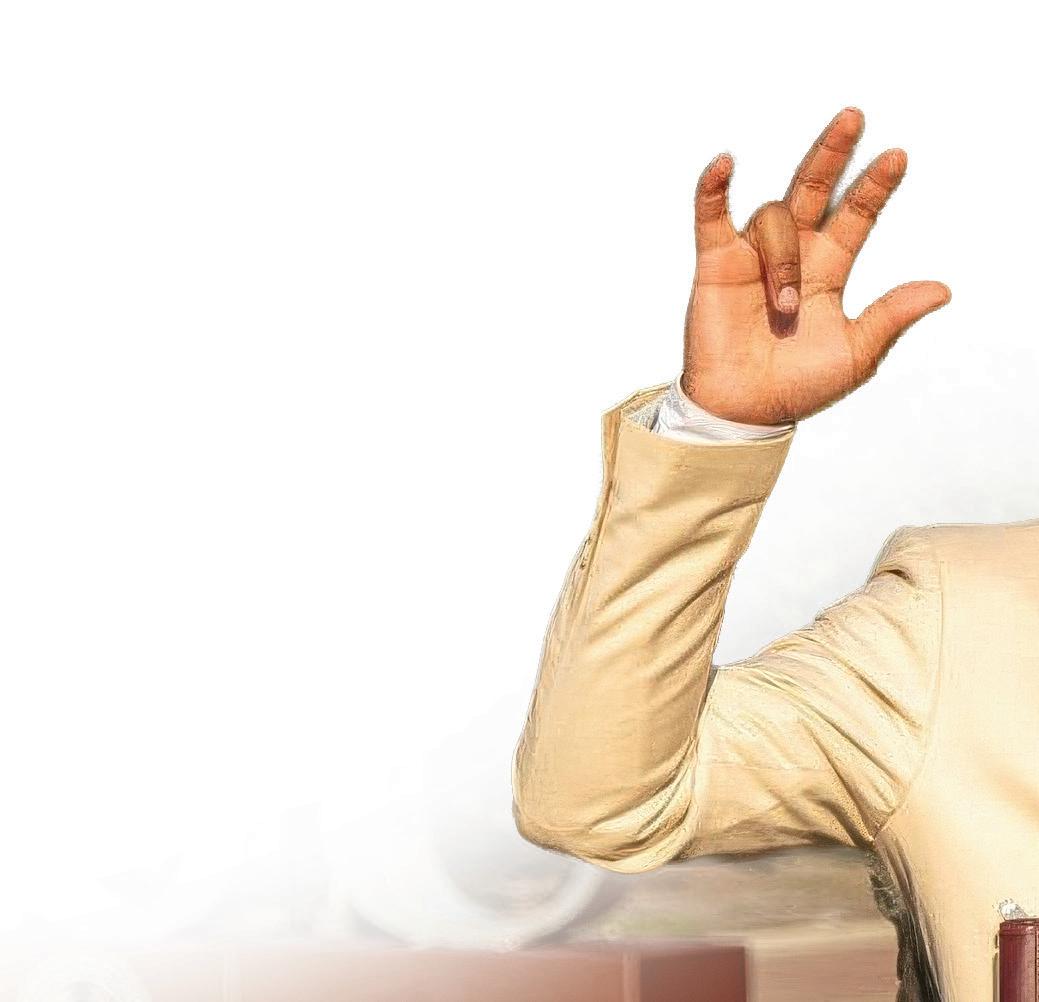
as a Du Bois fellow. Student Regent Kohl Crawford was part of the inaugural cohort during the summer of 2024. He is one of seven scholars to return for a second year. AA
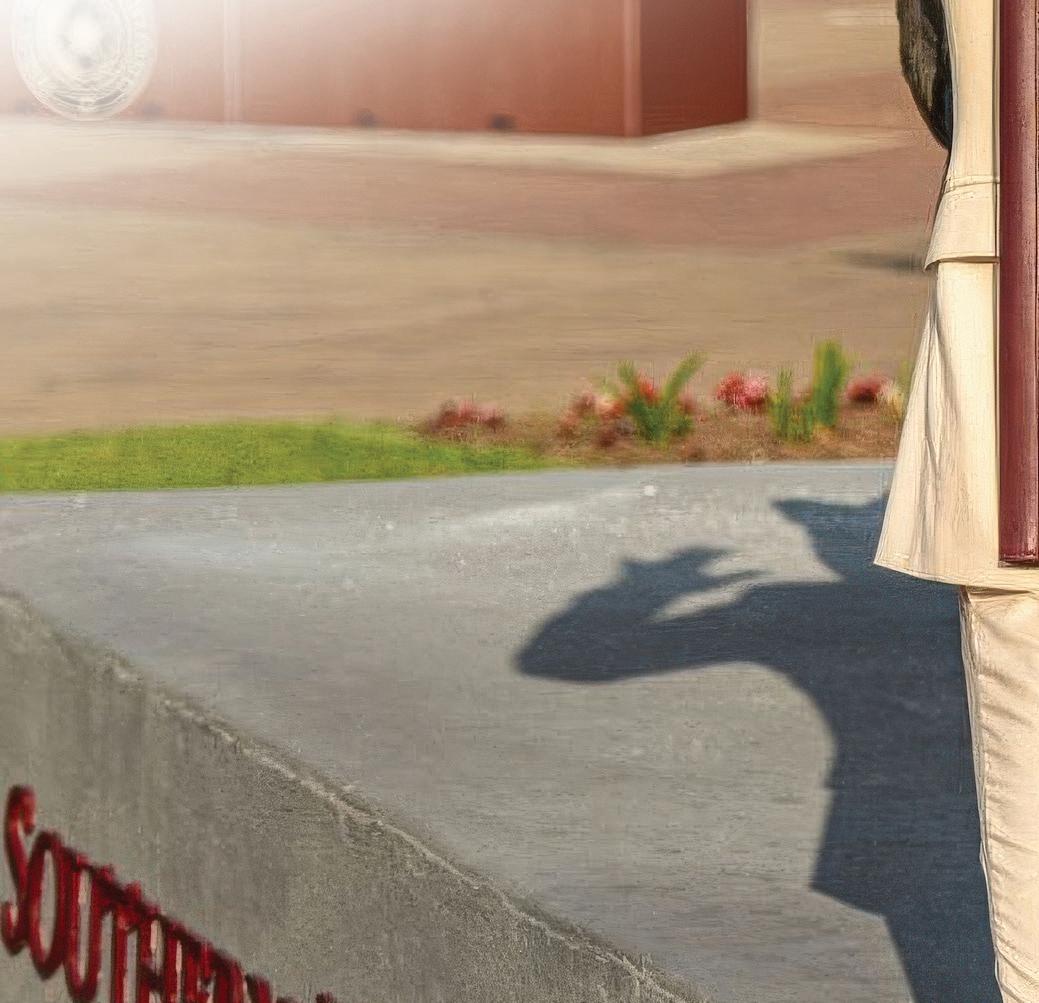
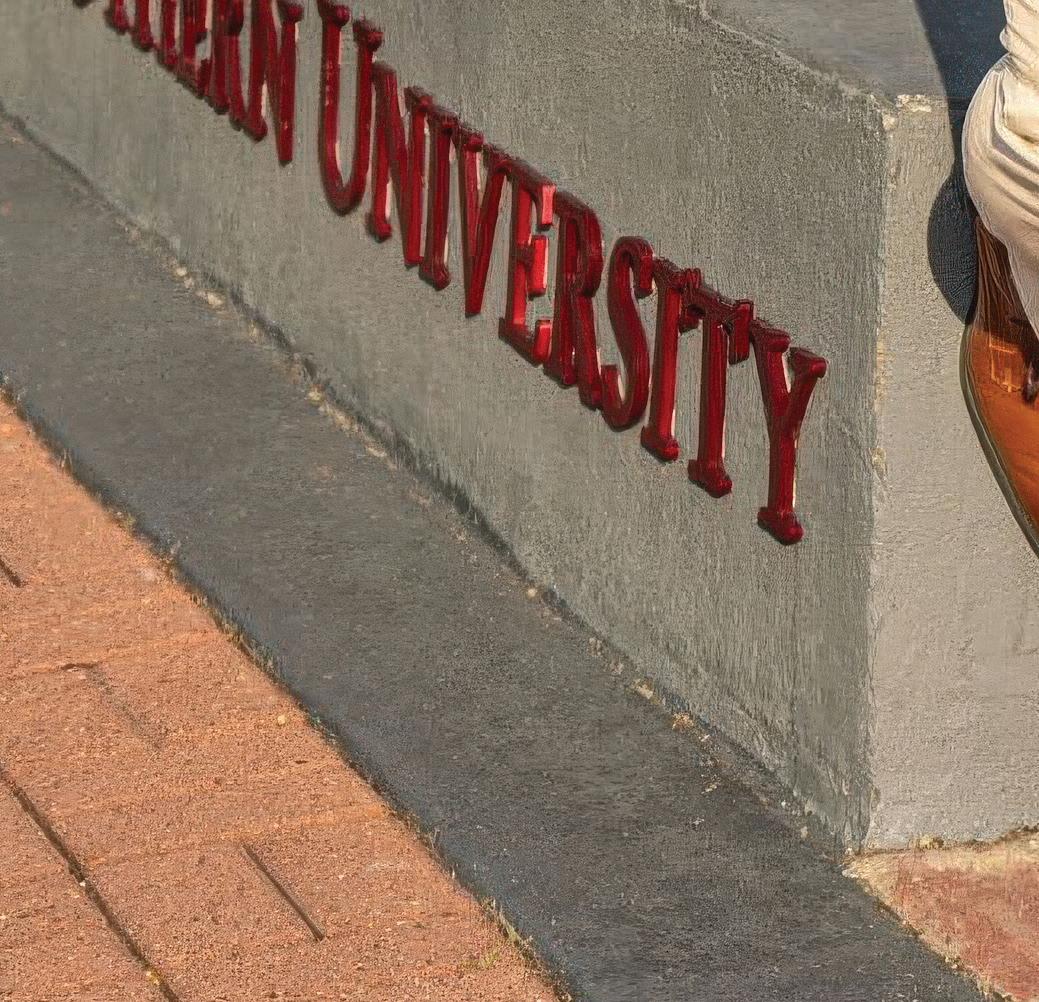
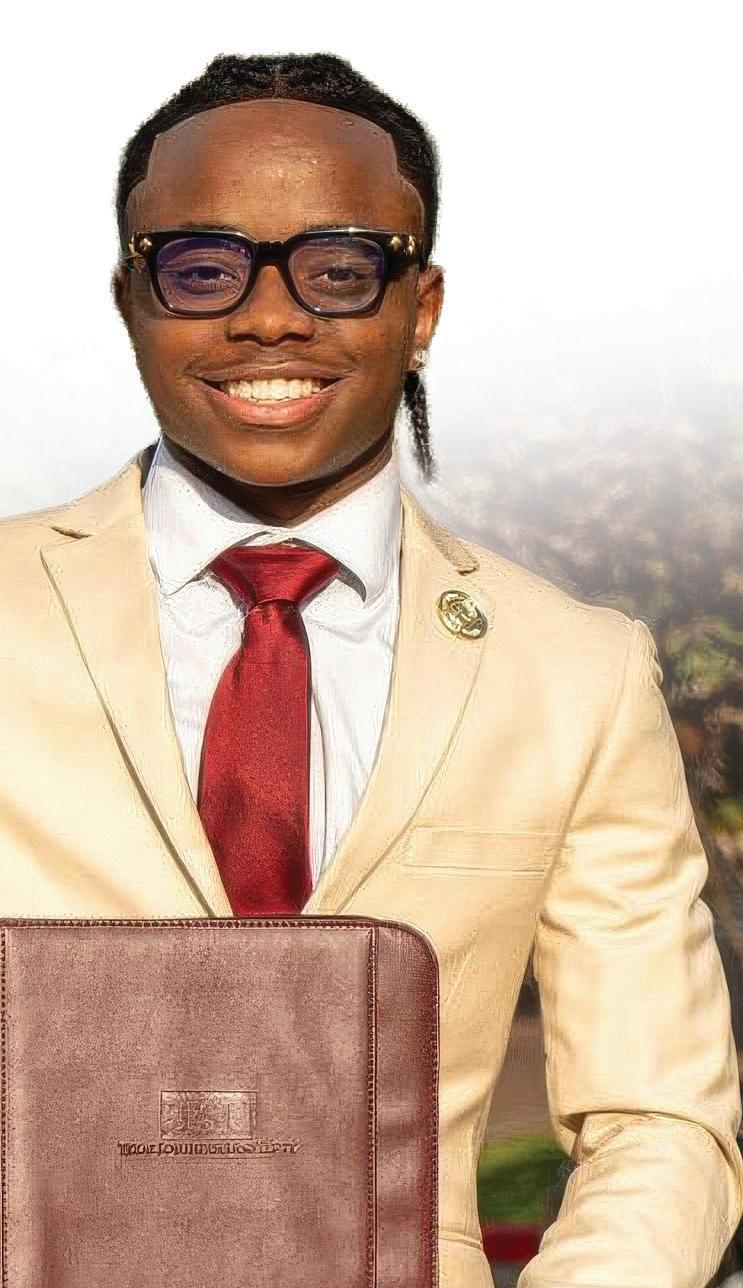
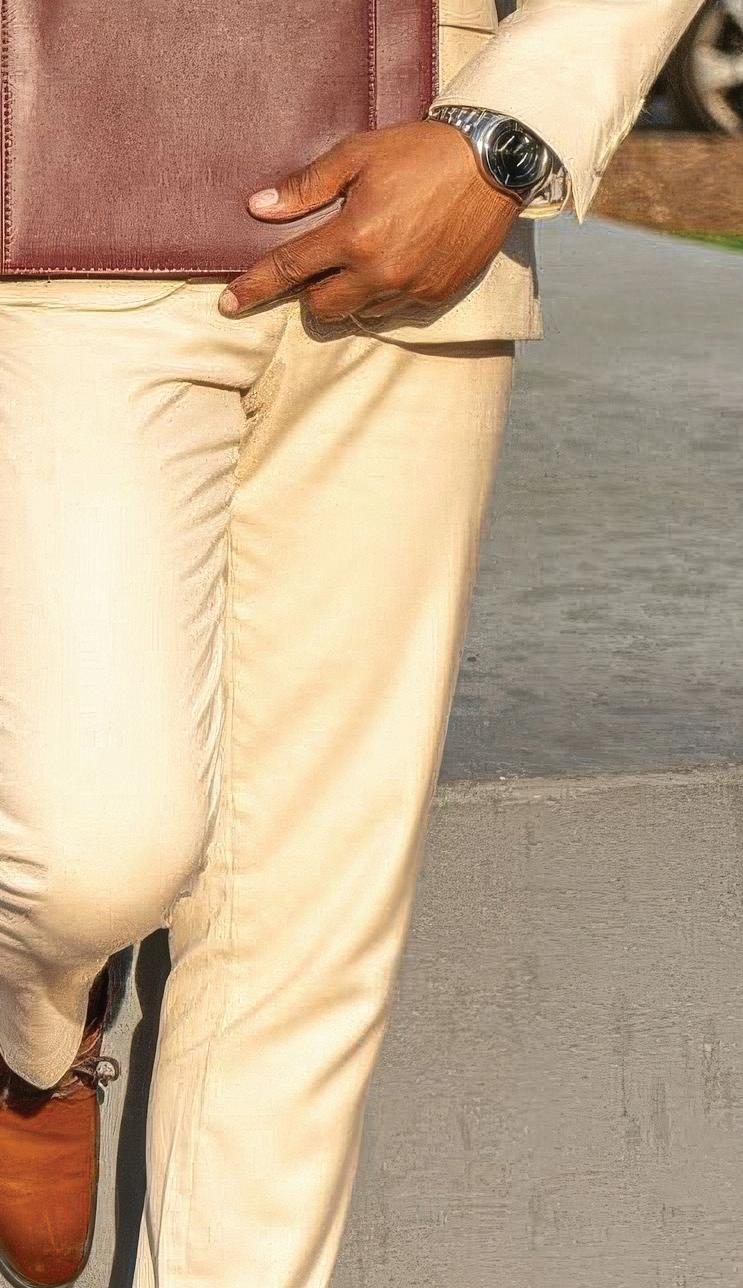
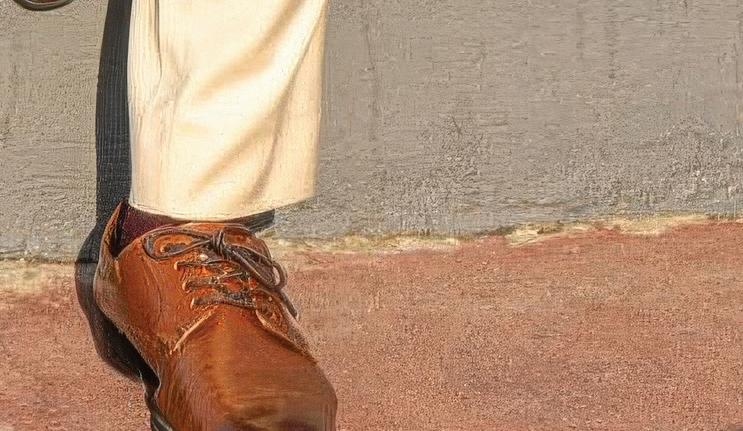
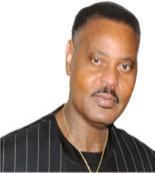

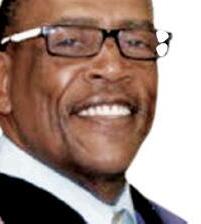
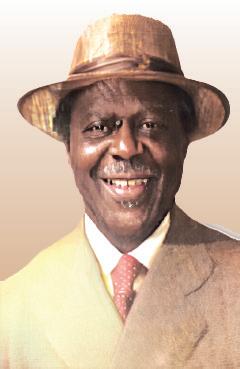



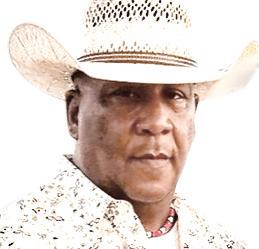




NOTICE TO PROPOSERS Request for Proposal will be received by Lone Star College for: RFP #25-06-10 – Automated Security & Compliance solution. Electronic submittals due by 3:00PM, Monday, August 4, 2025. Contact: pamela.johnson@ lonestar.edu or (832)8136782.
Must Register to Bid: https:// lonestar.ionwave.net/Login. aspx. If registered, please ensure your registration is up to date. For assistance with the on-line registration process, contact MC-vendors@lonestar.edu.
